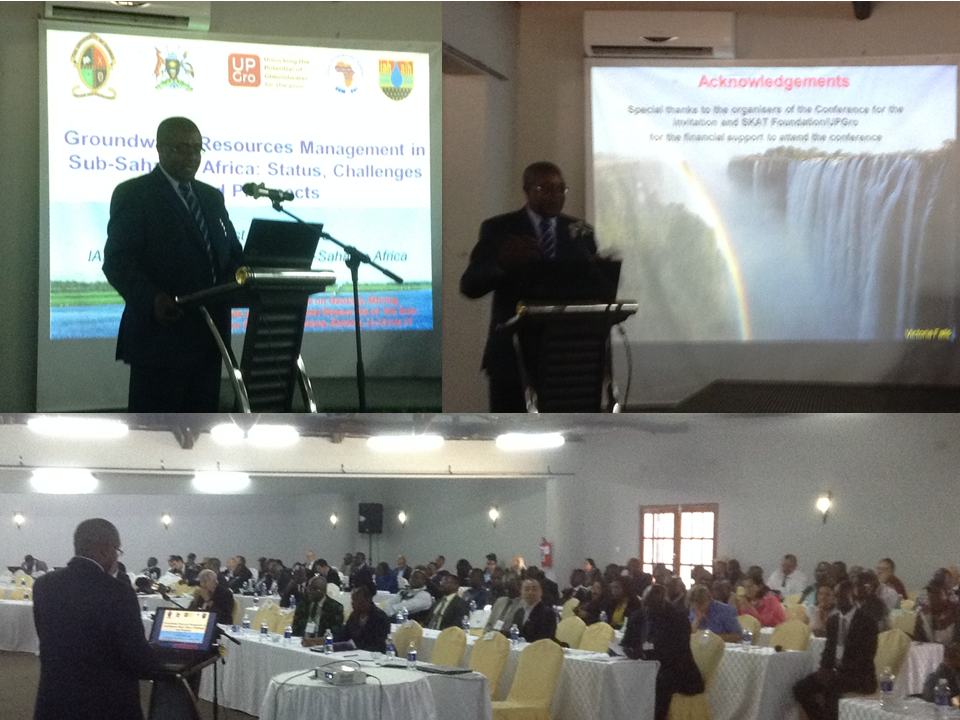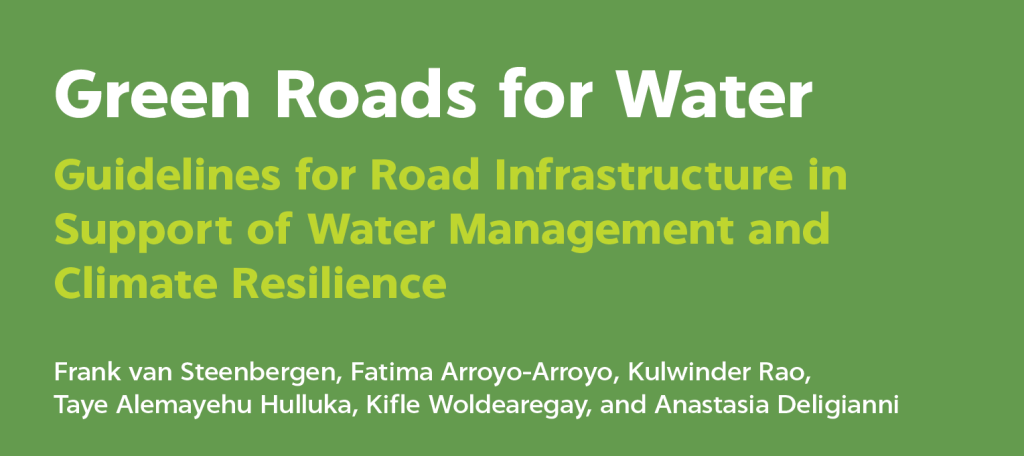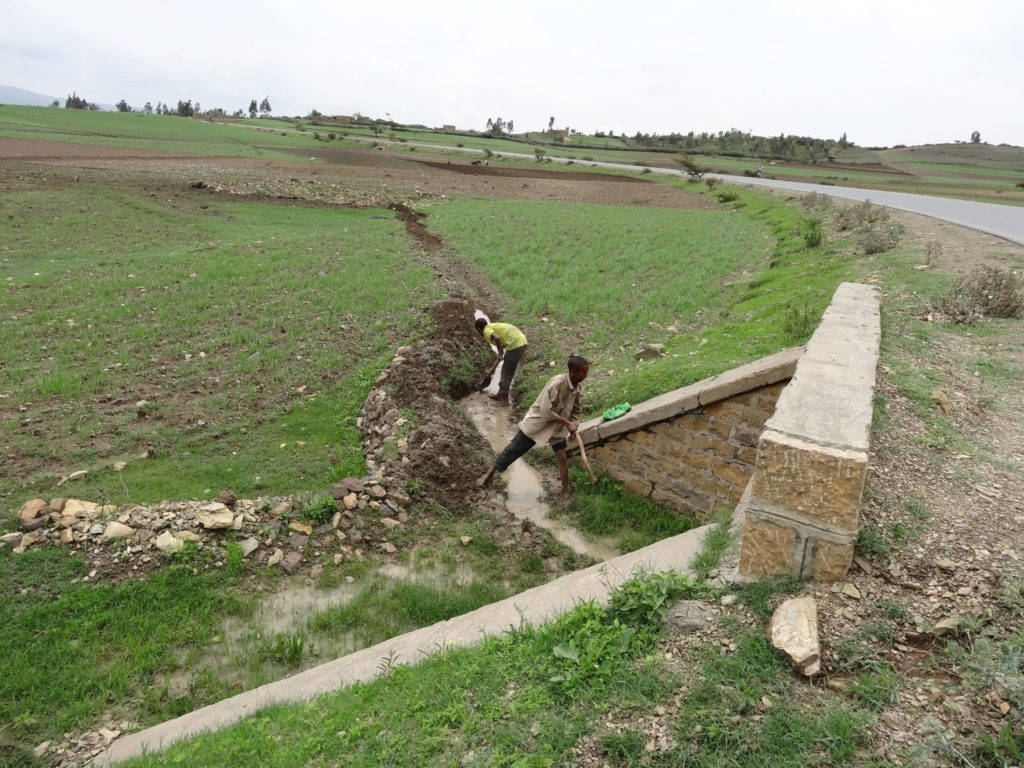Category: Optimising Road Development for Groundwater Recharge and Retention
-

Groundwater – the earth’s renewable wealth
By Sean Furey, Skat Foundation/RWSN/UPGro Where does wealth come from? At its most basic, it is the difference between how much you invest in a product or service and how much you get from selling it. If the difference is positive you get wealth, if it is negative then you get trouble. For a country…
-

On the road to resilience in Ethiopia
by Barry Hague, NERC (re-blogged from NERC Planet Earth) It’s time to rethink roads. In the vital fields of flood prevention and water supply, they offer incredible potential to enhance and enrich the lives of some of the world’s poorest people. Dr Frank van Steenbergen of the Roads for Water consortium is helping to drive…
-

African aquifers can protect against climate change
Floods and droughts, feasts and famines: the challenge of living with an African climate has always been its variability, from the lush rainforests of the Congo to the extreme dry of the Sahara and Namib deserts. In north western Europe, drizzle and rain is generally spread quite evenly across the year, as anyone who has…




